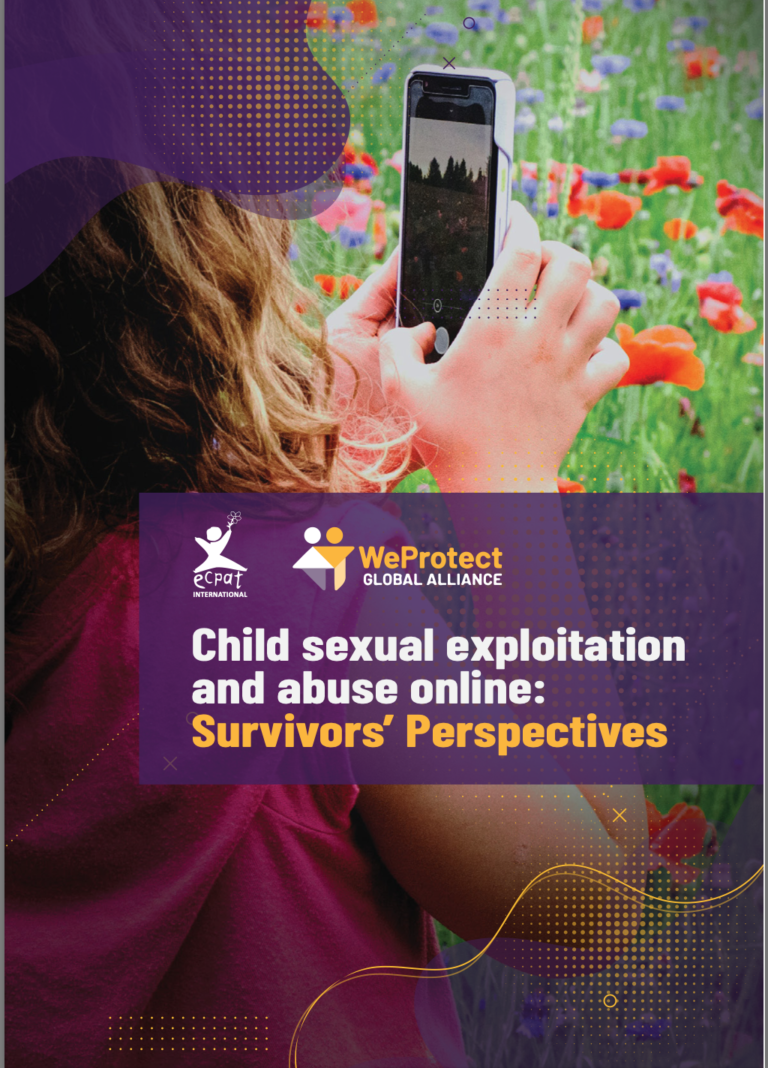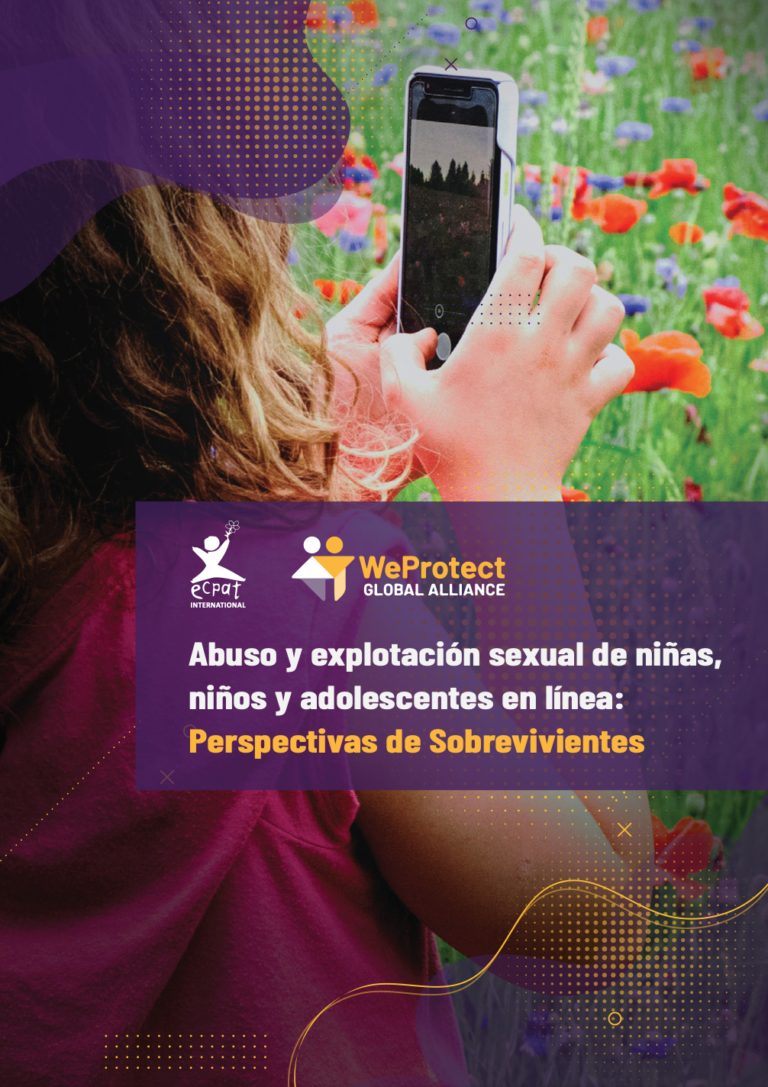Over the last few years, research about child sexual exploitation and abuse online has received increased attention, particularly as our lives shifted further online during the Covid-19 pandemic. However, the picture remains decidedly unclear – particularly in lower- and middle-income countries where research continues to be limited. Furthermore, opportunities for children to directly contribute to the dialogue on this issue are rare. There is little research directly conveying survivor experiences of child sexual exploitation and abuse in all its forms, including when digital technology is involved. Yet growing numbers of children are being supported around the world for such experiences. It is essential that those with lived experience are given the opportunity to participate in the investigation into the response, in order to improve the prevention and disruption activities and support offered to children.
The increasing problem of child sexual exploitation and abuse online requires detailed, extensive and sustained attention. Specific evidence about the availability, quality and effectiveness of support services will enable targeted responses in which governments, non-governmental organisations and the private sector can cooperate to address this problem. Including the perspectives of survivors in the research bridges the conspicuous gaps in evidence usually present. With these issues in mind, this multi-country research project was undertaken through a partnership of the WeProtect Global Alliance, ECPAT International and six of its network member organisations. The research was conceived to centre the perspectives of survivors on the availability, quality and effectiveness of support services for survivors of child sexual exploitation and abuse online.


